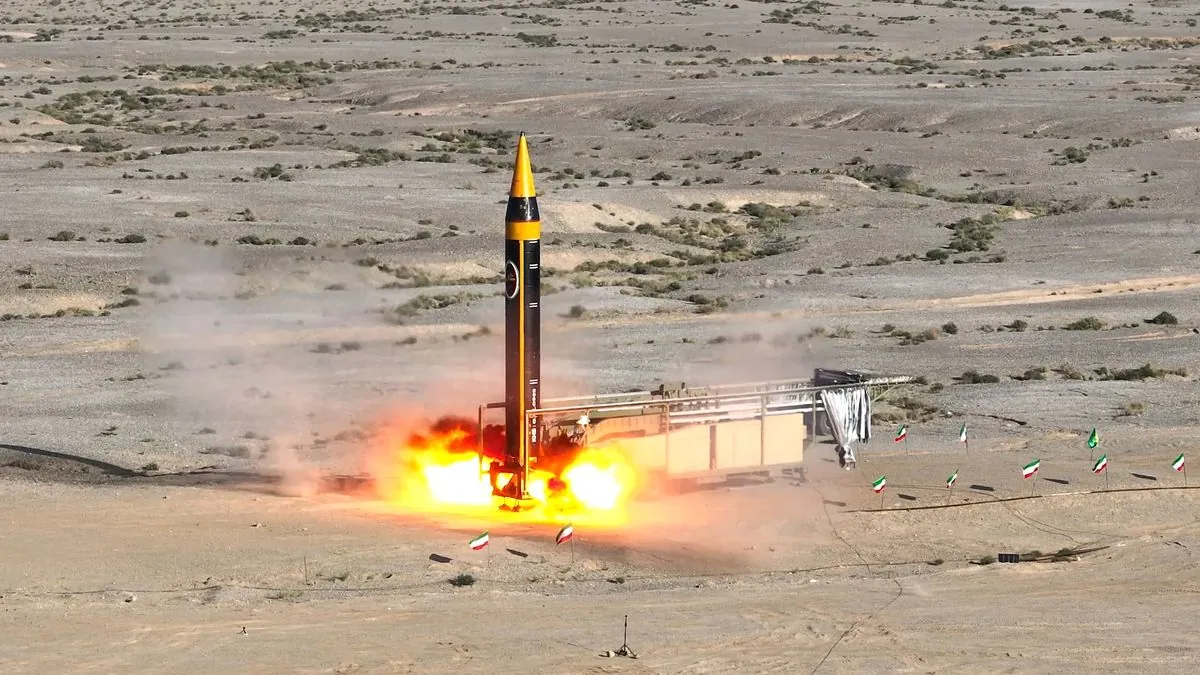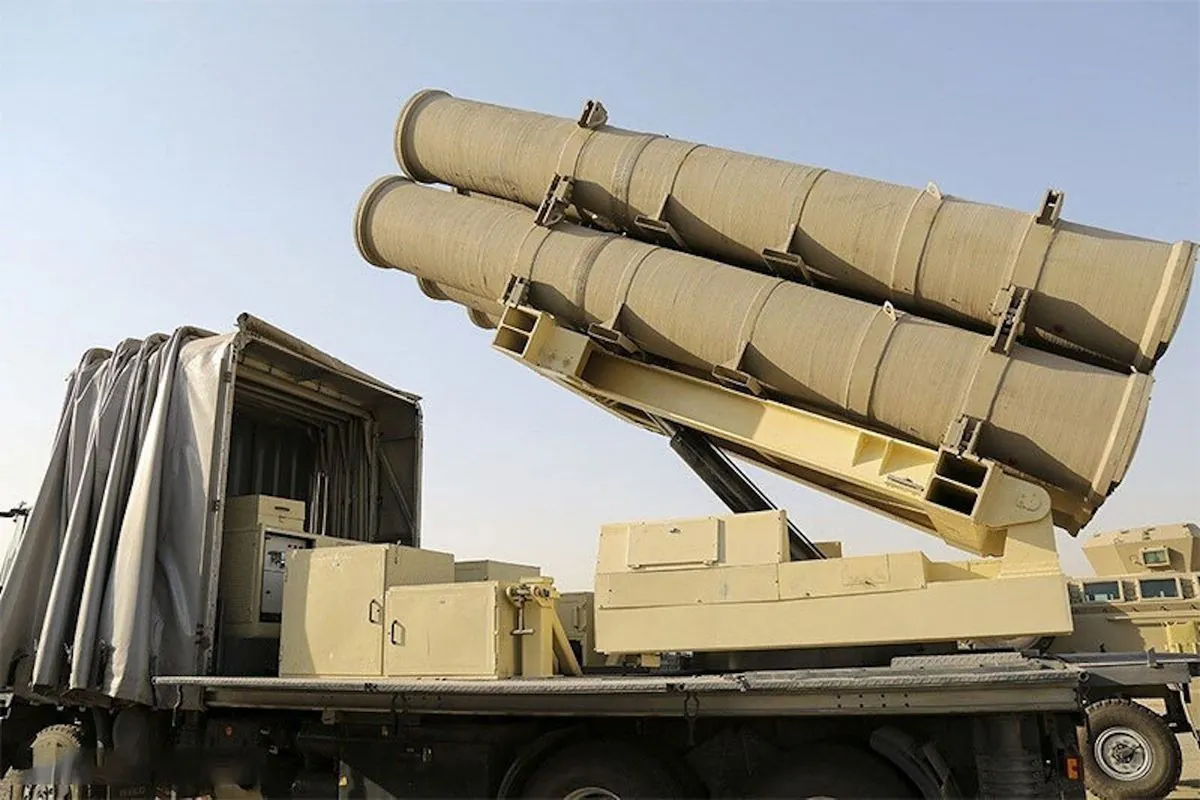U.S. Warns of Escalation as Iran-Russia Missile Deal Looms
U.S. officials express alarm over potential Iranian ballistic missile transfers to Russia for use in Ukraine. Iran denies involvement, calling for ceasefire negotiations instead of military assistance.

The United States has issued a stark warning regarding the potential transfer of ballistic missiles from Iran to Russia, stating that such a move would significantly escalate the ongoing conflict in Ukraine. This development comes amid reports of strengthening military ties between Tehran and Moscow.
In August 2024, Reuters reported that Russia anticipated receiving hundreds of Fath-360 close-range ballistic missiles from Iran. The report also mentioned that Russian military personnel were undergoing training in Iran to operate these satellite-guided weapons, presumably for deployment in Ukraine. More recently, on September 6, 2024, the Wall Street Journal cited an unnamed U.S. official claiming that short-range missiles had already been delivered to Russia by Iran.
Sean Savett, spokesperson for the White House National Security Council, expressed concern about these reports, stating:
"We have been warning of the deepening security partnership between Russia and Iran since the outset of Russia's full-scale invasion of Ukraine and are alarmed by these reports. Any transfer of Iranian ballistic missiles to Russia would represent a dramatic escalation in Iran's support for Russia's war of aggression against Ukraine."
The potential missile transfer has raised alarms among U.S. officials and their allies, who have been closely monitoring the situation. This development comes after Western countries had previously cautioned that such actions by Iran could lead to serious consequences.

Iran's missile program, one of the largest in the Middle East, has been a subject of international scrutiny for decades. The country has been developing its missile capabilities since the 1980s, with the Iran-Iraq War (1980-1988) serving as a significant catalyst for this effort. The Fath-360, the missile system reportedly involved in the potential transfer, is a short-range ballistic missile with a range of up to 1,000 kilometers.
It's worth noting that the United Nations Security Council Resolution 2231 calls upon Iran to refrain from activities related to ballistic missiles. Additionally, the U.S. has imposed multiple sanctions on Iran's missile program over the years.
The use of ballistic missiles in conflicts can potentially violate international humanitarian law, and their deployment in Ukraine could have severe implications. Russia has already been using various types of missiles in its attacks on Ukrainian targets since the full-scale invasion began on February 24, 2022.
In response to these reports, Iran's mission to the United Nations in New York reiterated the country's official stance on the Ukraine conflict:
"Iran considers the provision of military assistance to the parties engaged in the conflict - which leads to increased human casualties, destruction of infrastructure, and a distancing from ceasefire negotiations - to be inhumane. Thus, not only does Iran abstain from engaging in such actions itself, but it also calls upon other countries to cease the supply of weapons to the sides involved in the conflict."
As tensions continue to rise, the international community remains vigilant, with the U.S. and its allies closely monitoring any potential arms transfers that could further escalate the conflict in Ukraine.


































